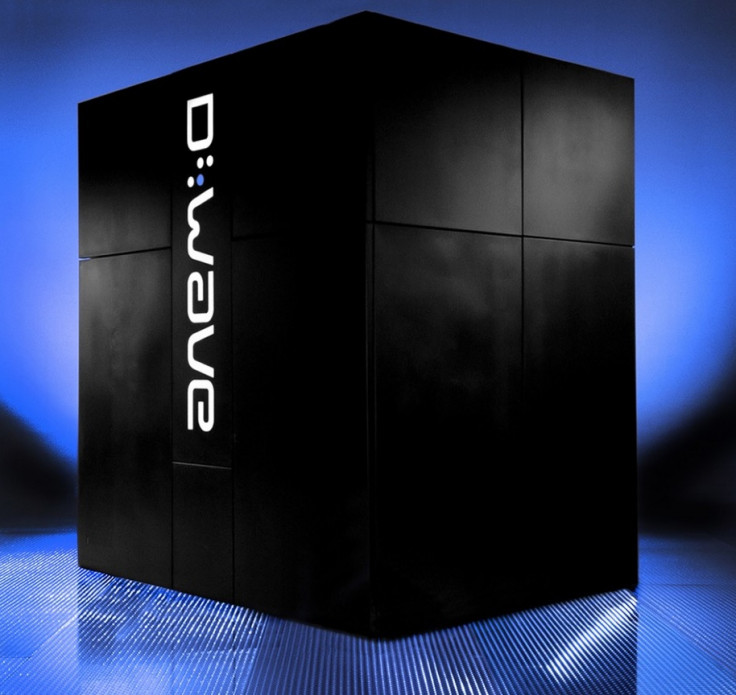D-Wave raises £15m to advance revolutionary quantum computer development

D-Wave, a Canada-based quantum computing firm, has raised C$29m (£15m) to be used towards the development of quantum hardware and software.
Funding came from a "large institutional investor" that wishes to remain anonymous, taking the total amount that D-Wave has raised overall to C$174. Previous backers have included Goldman Sachs, BDC Capital and Bezos Expeditions.
"The investment is a testament to the progress D-Wave continues to make as the leader in quantum computing systems," said Vern Brownell, CEO of D-Wave. "The funding we received in 2014 will advance our quantum hardware and software development, as well as our work on leading edge applications of our systems.
What is quantum computing?

Quantum computers replace traditional bits that are used in digital communications with quantum bits, or qubits. Qubits act in a state of superposition that allow them to operate in multiple states at once, rather than just the two states in which traditional bits function. Potential applications can be found in a variety of fields, from medicine to space travel.
"By making quantum computing available to more organisations, we're driving our goal of finding solutions to the most complex optimisation and machine learning applications in national defence, computing, research and finance."
Quantum computers have been touted as holding the potential to bring about the next technological revolution, capable of harnessing the potential of atoms and molecules to exponentially increase the power of traditional processors.
If applied successfully, advancements in the field of quantum computing could have significant implications in virtually any field by providing solutions to complex optimisation problems that arrive through the vast amounts of data currently being produced.
Google and Nasa have both invested in a quantum computer from D-Wave, with some astrophysicists believing that quantum computers could be used to help establish a fundamental theory to help understand the universe.
"To me the most important question is: Are we alone?" said Pete Wordon, director of Nasa's Ames Research Centre.
"I have a feeling that quantum computers, as they mature, are going to help answer that question."
© Copyright IBTimes 2025. All rights reserved.






















